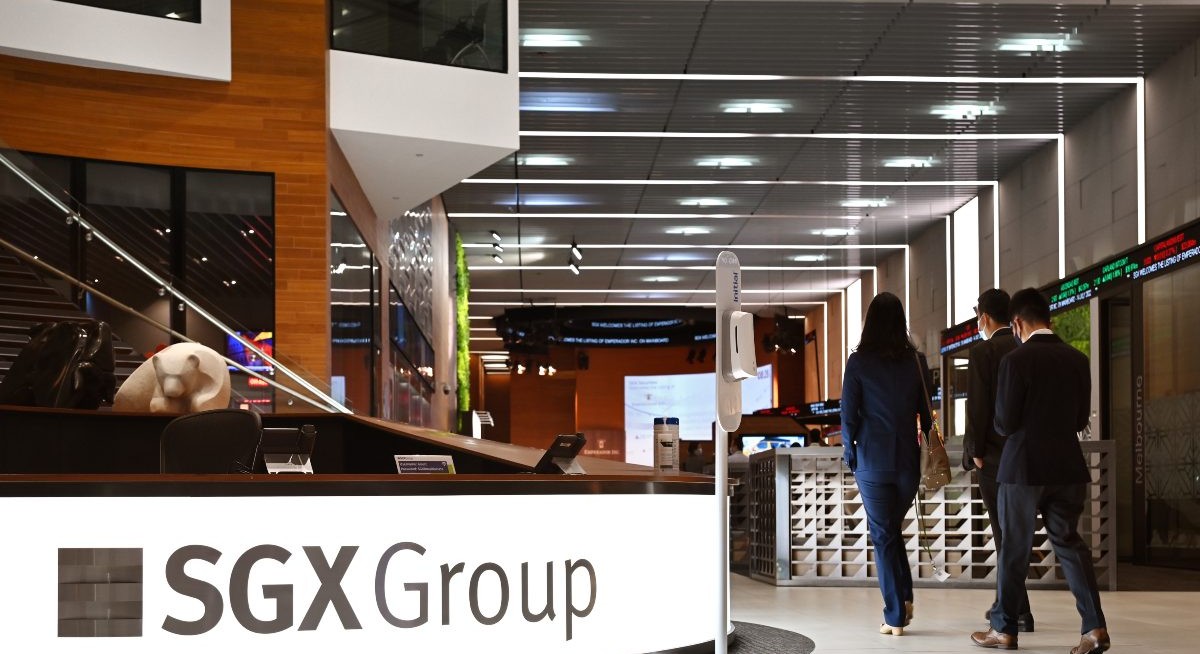Providing shareholders with the opportunity to participate effectively in, and vote at, general meetings is a principle echoed in the Code of Corporate Governance. The accompanying Practice Guidance to the Code of Corporate Governance also provides that companies should use their best endeavours to avoid scheduling general meetings during peak periods.
Singapore Exchange Regulation (SGX RegCo) observes that shareholders’ ability to attend AGMs may be curtailed, if AGMs are clustered within the same period. As most issuers have their financial year-end in December, the peak period in which issuers schedule their AGMs is typically in the second half of April, i.e., the two weeks immediately preceding the deadline in April for holding of AGMs.
Reducing the AGM Crunch
SGX RegCo recognises that it may not be possible to entirely eliminate the issue of AGM clustering given the number of issuers with the same financial year end. About two of every three issuers have a 31 December financial year-end. Nonetheless, arrangements can be put in place to ameliorate the situation. In this regard, clustering of AGMs by issuers with a larger shareholder base and market capitalisation, such as those that are constituents in the Straits Times Index (large issuers) would have a greater impact on the ability of those holding shares in multiple issuers to attend AGMs.
See also: Forward guidance – Why it matters and how to get it right
Accordingly, SGX RegCo will require large issuers to take the lead, to ensure that their AGMs do not conflict with the AGM of another large issuer. SGX RegCo will facilitate this by maintaining a calendar of AGMs of large issuers to facilitate shareholder participation. Large issuers will be requested to submit their proposed date and time period of their upcoming AGM to SGX RegCo. Should there already be an AGM by another large issuer (the first issuer) scheduled on the same date and time period, and which has been earlier notified to SGX RegCo, the (second) issuer would be required to select another date or time period. SGX RegCo will conduct this exercise with ample notice to issuers so that they have sufficient time to make plans, such as ensuring directors’ availability for the AGM as well as procuring meeting venues.
SGX RegCo will separately reach out to identified issuers to provide more details on the arrangement. SGX RegCo expects all identified issuers, in particular their board chairpersons, to enable early preparations for their AGMs and work with us to address the issue of AGM clustering. The implementation of these arrangements will be reviewed periodically. Should the AGM clustering of large issuers persist, more prescriptive requirements may have to be put in place.




